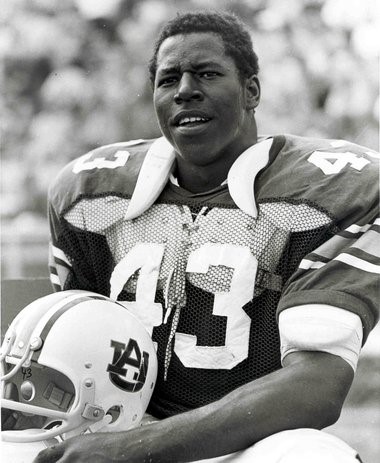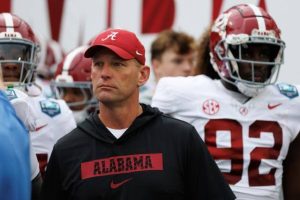
 Black children have long been incarcerated in Alabama. Black youth have received harsher punishments than their white counterparts, have been forced out of school without due process, and have been overcriminalized for generations. However, as for-profit juvenile detention facilities increase profit margins while abusing and harming children, youth incarceration has developed into a lucrative industry in Alabama today.Our paper, Only Young Once: Alabama’s Overreliance on School Pushout and For-Profit Youth Incarceration, describes how racial disparities, an expensive juvenile justice system unsuited for rehabilitation, and an overly punitive school discipline narrative are all influenced by the narrative of youth crime.
Black children have long been incarcerated in Alabama. Black youth have received harsher punishments than their white counterparts, have been forced out of school without due process, and have been overcriminalized for generations. However, as for-profit juvenile detention facilities increase profit margins while abusing and harming children, youth incarceration has developed into a lucrative industry in Alabama today.Our paper, Only Young Once: Alabama’s Overreliance on School Pushout and For-Profit Youth Incarceration, describes how racial disparities, an expensive juvenile justice system unsuited for rehabilitation, and an overly punitive school discipline narrative are all influenced by the narrative of youth crime.
Additionally, Only Young Once suggests initiatives that would be more economical for taxpayers and more fruitful for Alabama’s youth.
The narrative surrounding youth crime is linked to racial disparities, costly juvenile legal systems that are not intended for rehabilitation, and excessively harsh school discipline, as detailed in our report Only Young Once: Alabama’s Overreliance on School Pushout and For-Profit Youth Incarceration.
Additionally, Only Young Once suggests initiatives that would benefit Alabama’s youth more economically and efficiently while also saving the state money.
Aaron Hill, a third-party security guard, is charged with Little’s murder on January 21 following an altercation inside the establishment. The city contended that the company had an obligation to guarantee that security guards employed hold an Alabama Security Regulatory Board license.
“Is Grizzley in possession of a state regulatory board license?” The response to the city’s question from TPD captain Marty Sellers was, “No.”
The city then questioned Sellers, “Is Hill licensed by that board?,” and Sellers replied, “He was not.”
The company’s representative claims that employees took all reasonable steps to defuse the situation.







